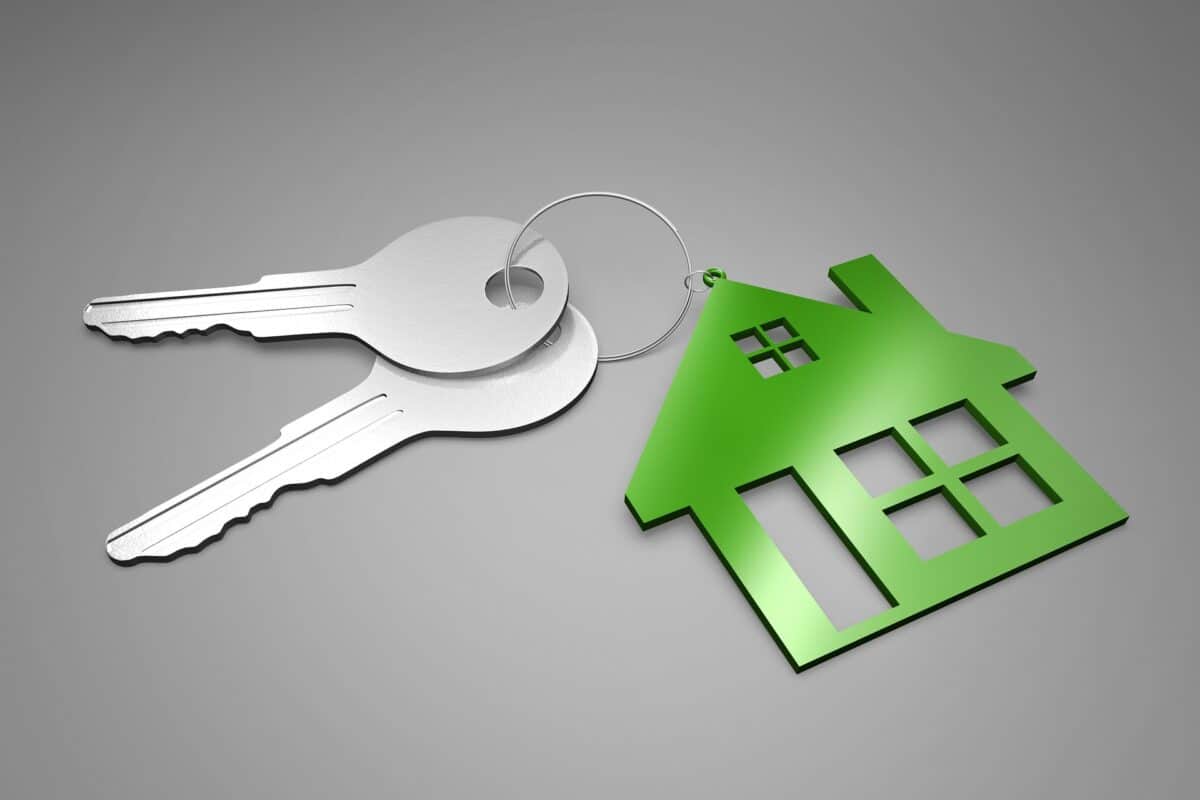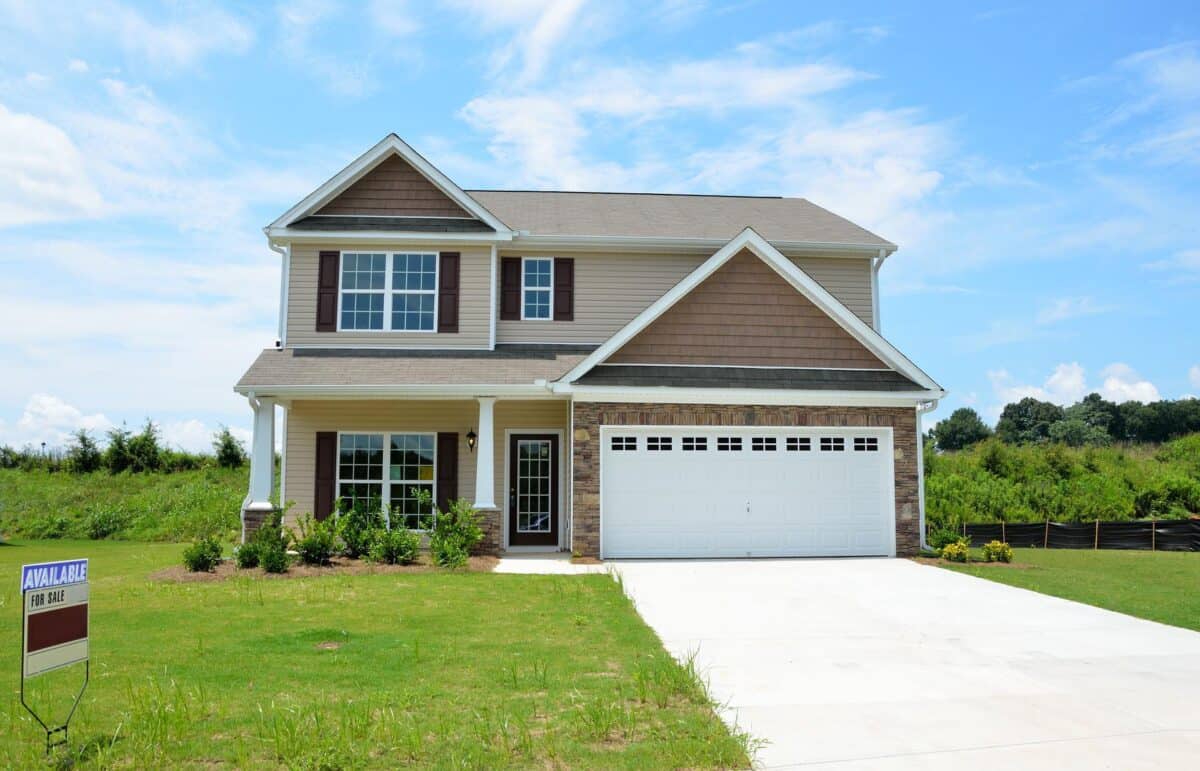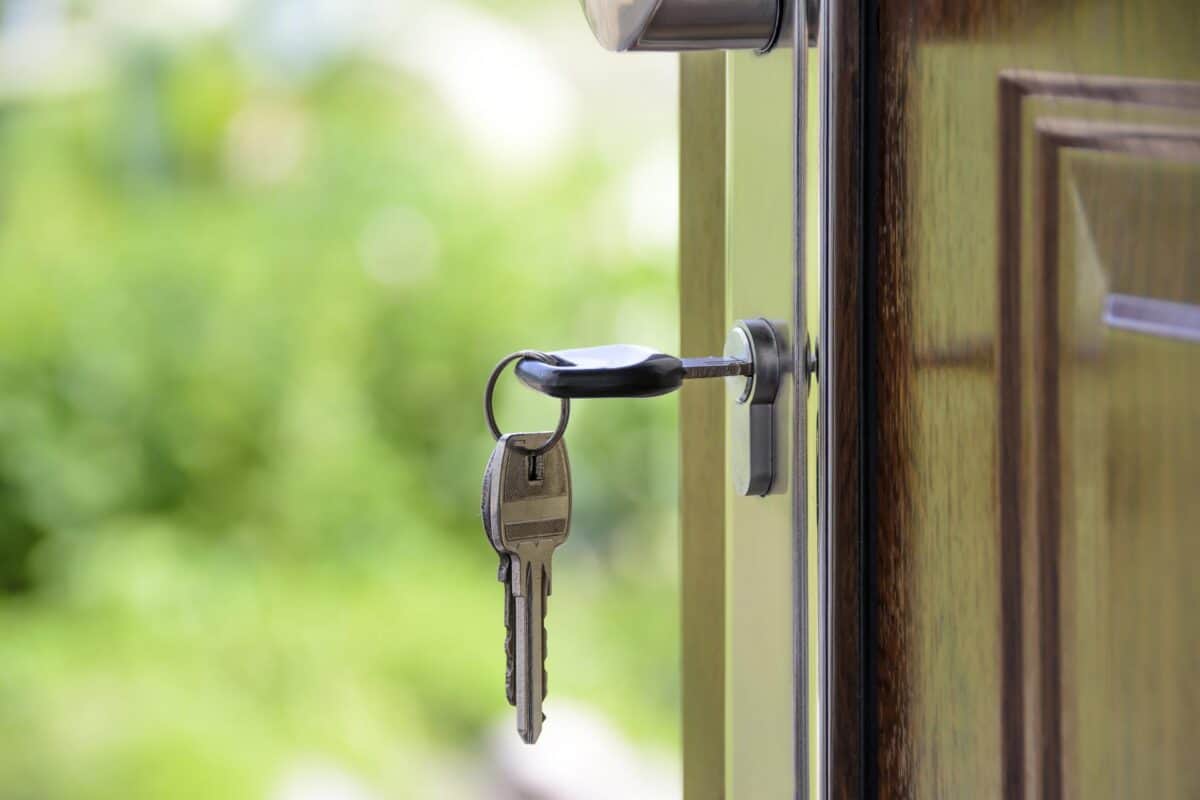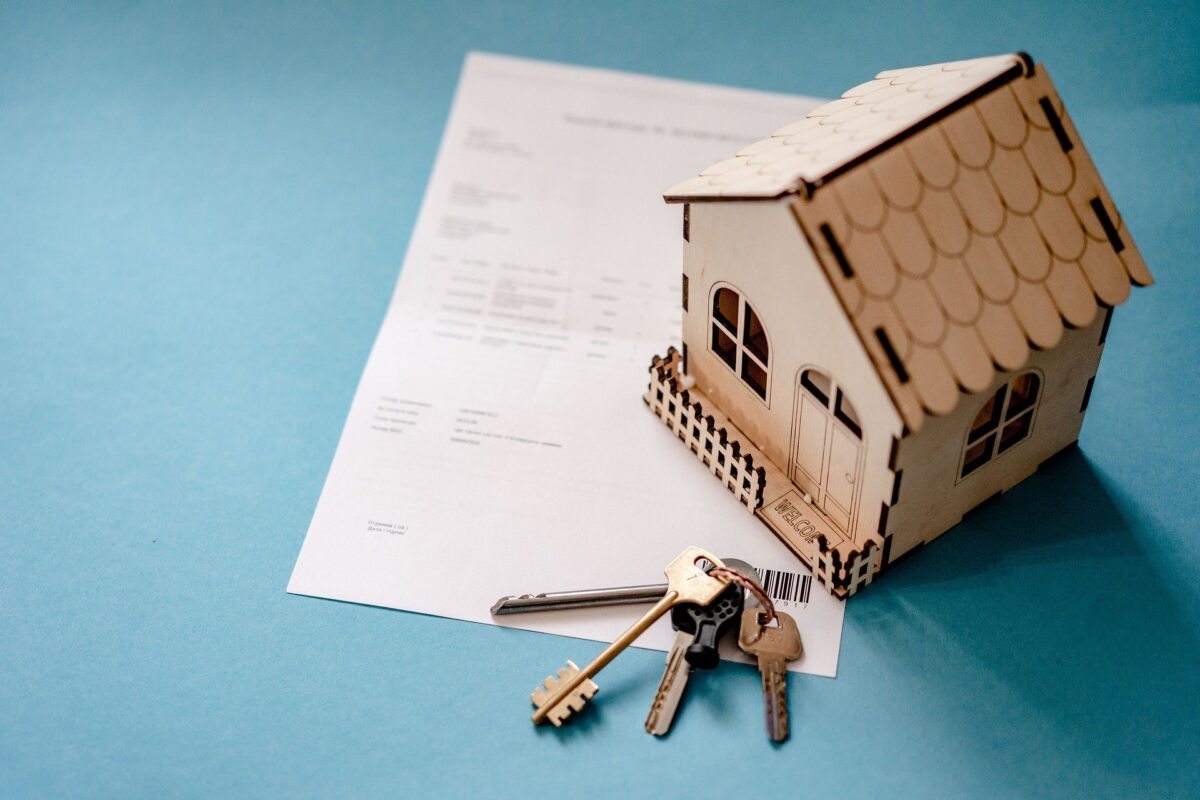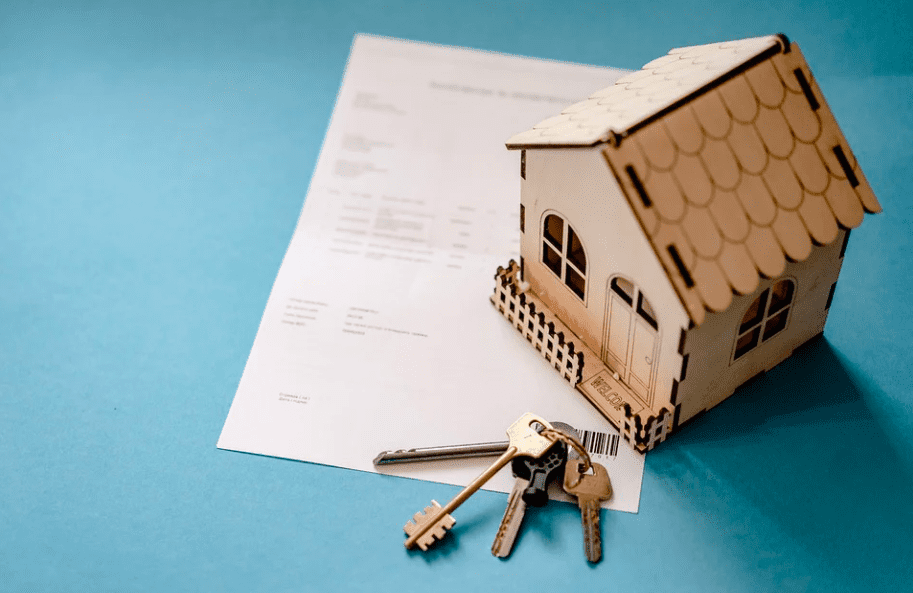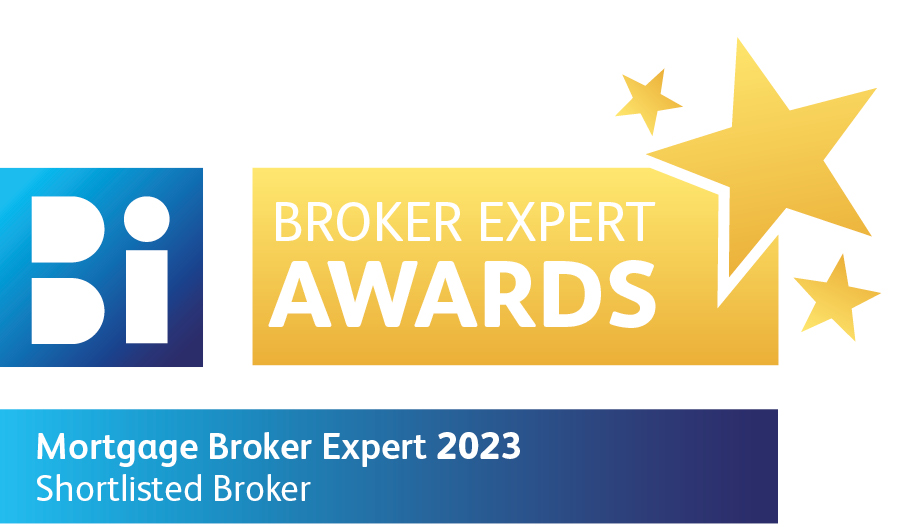The median price of a home purchased in the 12 months to January was found to have been €280,000 nationally. On an area basis, Longford had the lowest median price (€130,000) while Dún Laoghaire-Rathdown in Dublin had the highest median (€595,000).
The latest figures show a 0.9 per cent monthly change compared to December 2021.
In terms of residential property type, prices of houses in the Border region saw the largest annual percentage change (+24.7 per cent), followed by houses in the southeast (+18.8 per cent) and houses in the midlands (+18 per cent).
The prices of apartments nationally (excluding Dublin) jumped by 17.5 per cent, and by 11.8 per cent in Dublin.
The CSO figures show the national index is now 3.3 per cent lower than its highest level in 2007, with Dublin residential property prices 11 per cent below their February 2007 peak, while prices across the rest of the country are 4.7 per cent below their May 2007 high.
Since their low point in early 2013, national prices have risen by 115.6 per cent. Dublin’s prices have soared by 120.4 per cent from their February 2012 low as the rest of Ireland has noted a 119.4 per cent increase from May 2013.
Commenting on the figures, head of credit with MyMortgages.ie Joey Sheahan says first time buyers continue to make up a strong cohort of the market.
“Demand for homes is unlikely to slow down, given the pace at which housing stock is entering the market. The extension of the Help-to-Buy Scheme remains a big support for first time buyers.
“We’re now seeing much larger deposits on the back of the pandemic, primarily down to the fact that some first time buyers have been able to save up substantial deposits.
“While the cost of buying continues to increase, the cost of renting is almost always higher. As such, we’d advise those in a position to buy, to go ahead once they find a suitable property,” he adds.
Mr Sheahan notes the number of ‘trader uppers’ is also on the rise since the pandemic, explaining: “People have had a chance to take stock, and many are deciding that greater space in the home is important to them.
“With the cost of building and building supplies on the rise, and the difficulty in getting tradespeople, people are opting for turn-key trade ups in greater numbers.”
